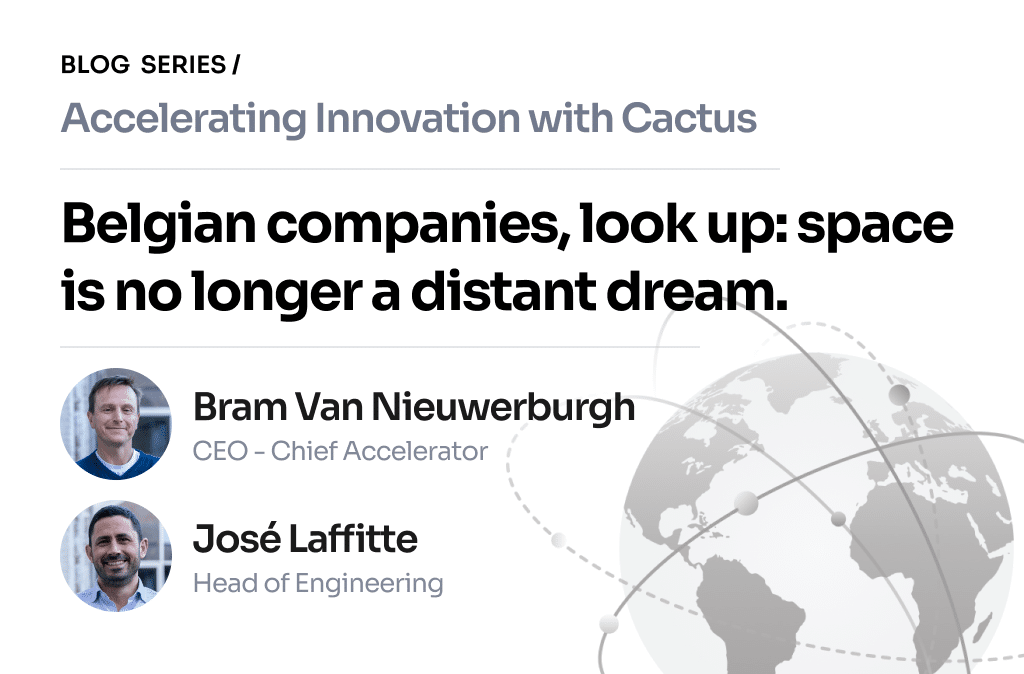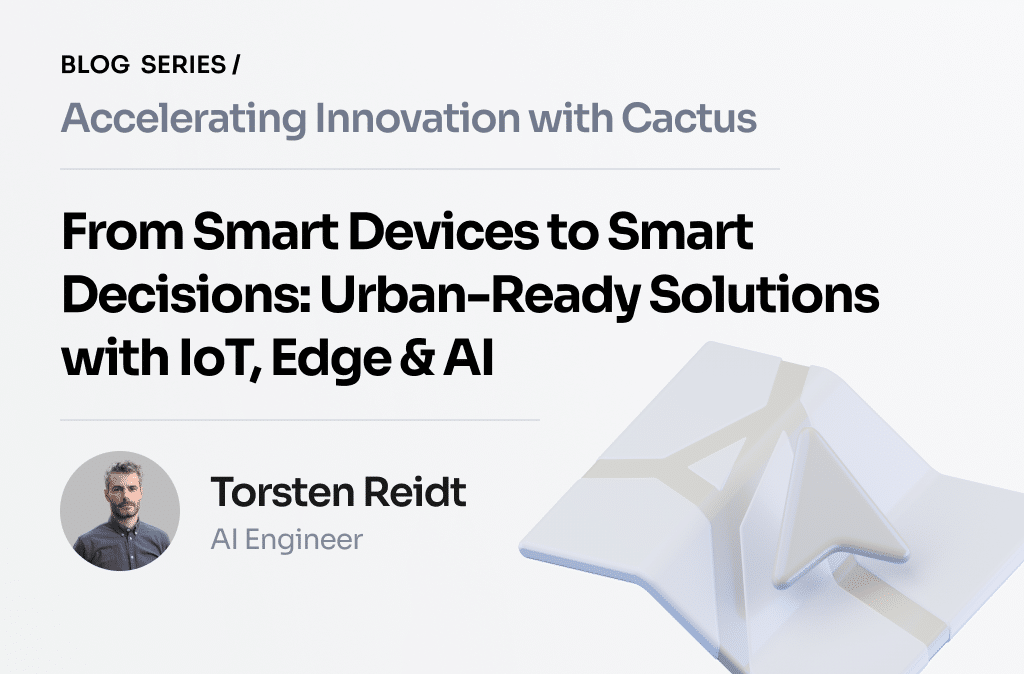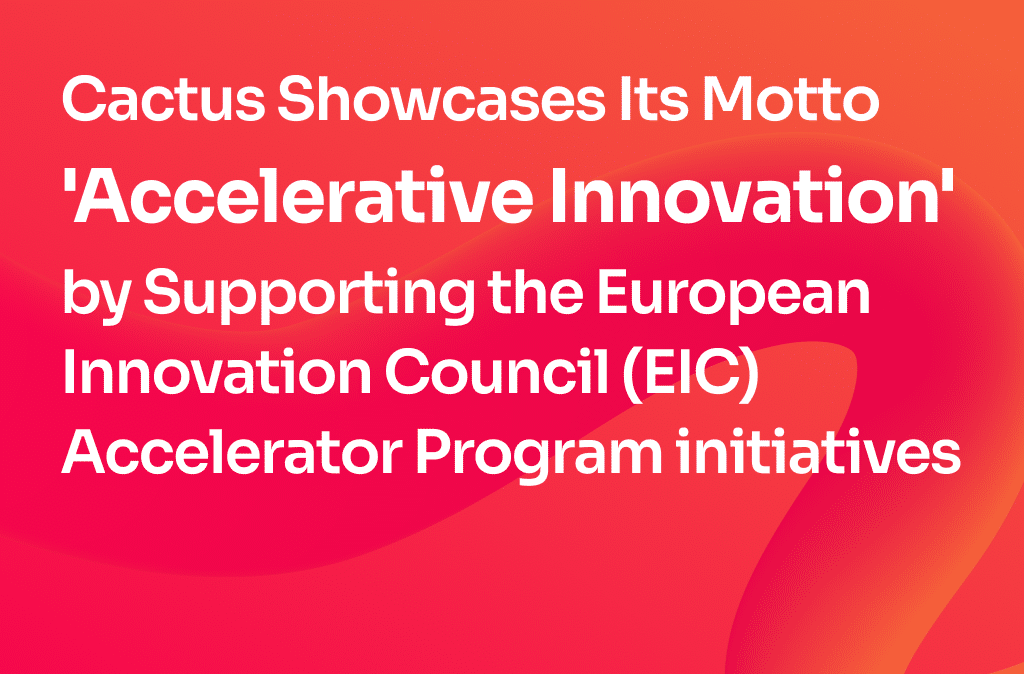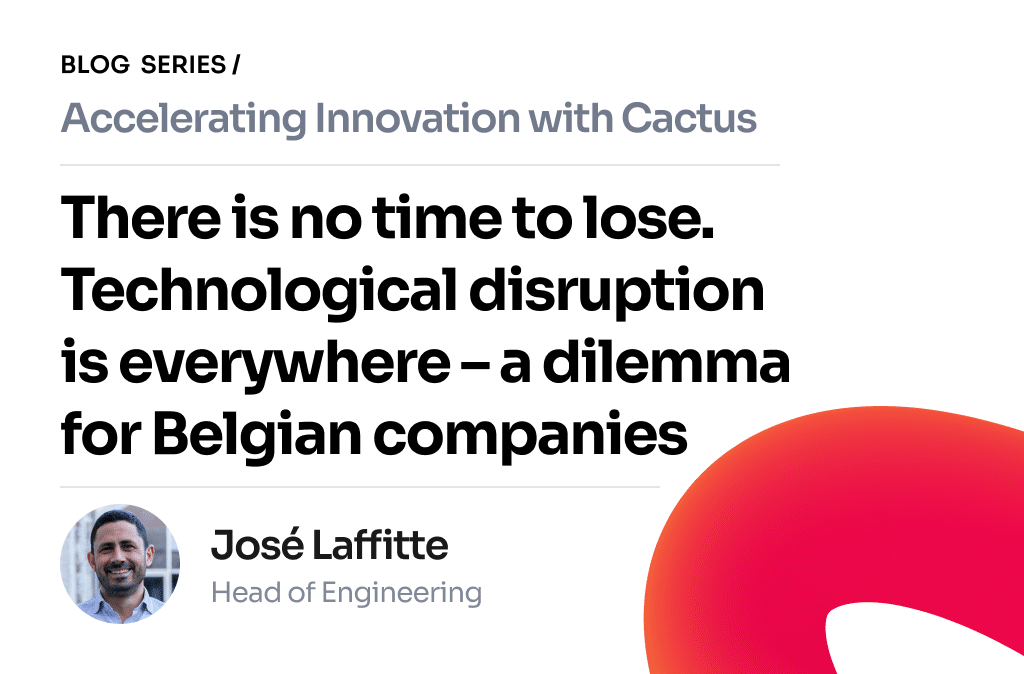Perhaps bitcoin, with its overhyped reputation and the negative associations around ICO scams, has undermined public confidence in the blockchain technology. But don’t jump to conclusions. After all, these two are actually the smallest parts of the potential of this technology that is gaining global momentum.
I bet you can’t imagine the world existing without the Internet, as it has become an essential part of our daily lives. I bet you will have the same feeling about blockchain in a decade or so.
So let’s perceive this young and promising technology as something that will positively impact humanity and take a look at the five most valuable use cases with a social impact.
1. Banking the Unbanked
“The unexpected tragedy of our current financial system is that those who have the least money have to pay the most to ship it”.
Joyce Kim, CEO of the Stellar Foundation
Did you know that around 10 percent of the world’s population lives on $1.90 per day?
Without access to bank services, these people cannot become a full part of the economic cycle. The banking system provides services only to entrusted people with some level of financial history. For security reasons, every client is obliged to go through the KYC (Know-Your-Customer) procedure, which involves a check-up on the legal status and employment verification.
Therefore, people simply have no other choice but to use the services of money transfer operators and pay unreasonably high fees to send/receive their money. Also, most probably, you have heard about money laundering schemes and different kinds of scammers taking advantage of the insufficient security systems of these operators.
Software developers have come up with an idea of how to help the unbanked population and have created peer-to-peer financial solutions outside the traditional banking system that provide credit history and digital bio-identification. With this information, people in need can open bank accounts, apply for micro-loans and even access healthcare services.

The same issue arises when it comes to refugees’ integration into society. For instance, Helsinki-based startup MONI has used blockchain to help the unbanked asylum seekers to become a part of the Finnish economy. The government distributes prepaid Mastercards in order to link a unique digital identity to a person. The card enables the recipient to pay bills and apply for a loan or credit using a mobile phone.
2. Healthcare
The implementation of blockchain technology into the healthcare system can incentivize both the patient and the insurer. A person can securely store and verify his/her health records, as well as easily access clinical tests and set a date for a check-up. With the help of a smart contract, he/she can generate tokens while following a daily care plan. This in return can be used by the insurance company to cover the cost of hospital services or other medical needs.

Due to the rapid emergence of the Internet of medical things (IoMT), artificial intelligence in combination with blockchain can track population health statistics and, assuming permission is granted, access your personal data for use by medical institutions and researchers. In return for shared information, you can also earn tokens. Such a digitized system will accelerate the discovery of new medicines and drive the community to global coordination. Pfizer, Amgen, and Sanofi are pharmaceutical firms that have already started working together to explore how this could speed up clinical tests of new drugs.
Practically, patients would store their data anonymously on the blockchain and then make it available to trial recruiters, who could then invite matching volunteers.
3. Job Platforms / HR
“There are problems with our recruitment of different types of workers. These include prejudice and bias, lack of visibility of available workers, low levels of trust in centralized social networks, spam and high fees to intermediaries. We now have the opportunity to build the next generation work platforms enabled by technology such as artificial intelligence, mobile and blockchain, the underlying technology behind Bitcoin”.
Andrew Spence, HR Transformation Director at Glass Bead Consulting.
It is no secret that a huge amount of precious time is spent on searching for suitable employees, time which can be used instead to focus on the strategic goals of the business.
This is when blockchain comes into the game to reshape the whole HR industry. It brings efficiency and functionality – and reduces the time spent searching and screening out unsuitable candidates.

The technology replaces headhunters and cuts the costs for system maintenance. The employee’s data is secured by encryption algorithms and cannot be tampered with as it is stored on multiple different servers.
Credentials and professional skills are verified with the help of a previously digitized background, which eliminates the need for the resumes to be vetted by multiple trustworthy people.
Smart contracts between an employer and its team will make it possible for workers to be paid automatically thanks to a code that will determine what happens to the money once it comes in and certain conditions are created.
4. Digital Voting
Imagine that you can make the world hear your voice without even standing up from your bed. Instead of staying in long queues, you can simply open an app in your smartphone and click the ‘Vote’ button.
Blockchain brings power back to the people. Society is tired of corrupted populist politicians soaked in fakeness. The majority trusts neither political parties nor the government itself.

When blockchain is enforced, the person’s identity becomes digitally tied to his vote. It eliminates double voting and cheating. South Korea, the United States, Japan, and Sweden have already tested the tamper-proof election system.
Removing the possibility of human errors, the blockchain-based system will automatically show the results after the polls are closed.
Moreover, you might have a list of potential candidates in the app and easily check their professional background, relevant interviews, articles and other reputable information to understand who to vote for and to participate in group discussions on sensitive issues. Everything in a few clicks!
5. Fundraising
Nowadays many people are concerned about the transparency of charity work and other nonprofit organizations. This has been questioned for a long time, but until now there has been no real-life solution to track where exactly the donated money goes.
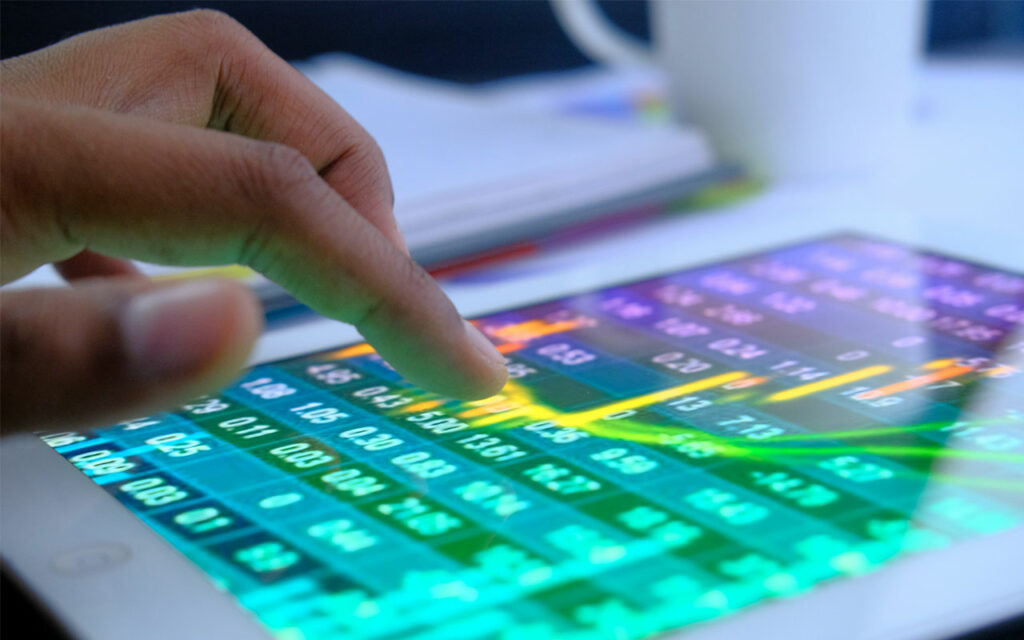
Blockchain platforms and smart contracts drastically change the situation and can be used as a powerful tool to make sure that the required conditions are met and make charities more accountable for their actions.


